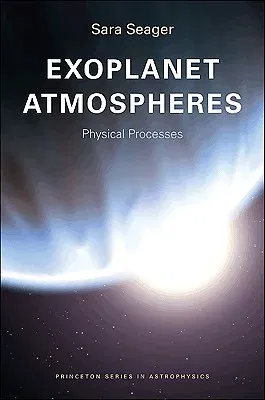Sara Seager
(Author)Exoplanet Atmospheres: Physical ProcessesPaperback, 22 August 2010

Qty
1
Turbo
Ships in 2 - 3 days
Only 1 left
Free Delivery
Cash on Delivery
15 Days
Free Returns
Secure Checkout

Part of Series
Princeton Astrophysics
Part of Series
Princeton Series in Astrophysics (Paperback)
Part of Series
Princeton Series in Astrophysics
Print Length
264 pages
Language
English
Publisher
Princeton University Press
Date Published
22 Aug 2010
ISBN-10
0691146454
ISBN-13
9780691146454
Description
Product Details
Author:
Book Format:
Paperback
Country of Origin:
US
Date Published:
22 August 2010
Dimensions:
23.11 x
15.24 x
2.03 cm
ISBN-10:
0691146454
ISBN-13:
9780691146454
Language:
English
Location:
Princeton
Pages:
264
Publisher:
Series:
Weight:
430.91 gm